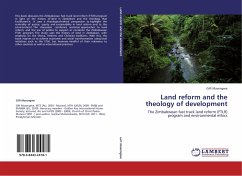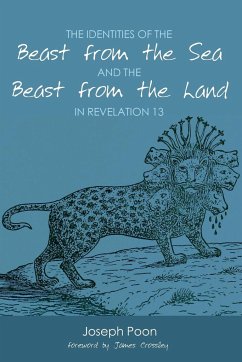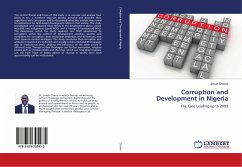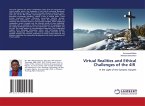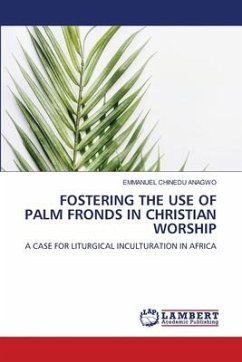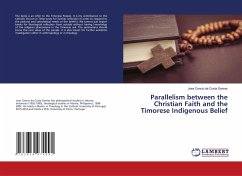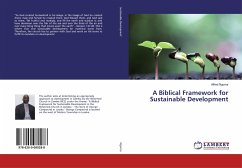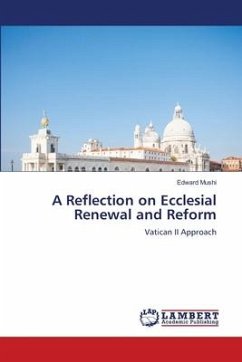This book discusses the Zimbabwean fast track land reform (FTLR) program in light of the history of land in Zimbabwe and the theology that facilitated it. It uses a theological-ethical perspective to highlight the centrality of justice, equity and sustainability in land reform and to the environment. The discussion condemns sectarian approaches to land reform, and the use of politics to support or condemn the Zimbabwean FTLR program. The study uses the history of land in Zimbabwe, with emphasis on the Shona, Hebrew and Christian traditions. With this, the book inspires us to achieve economic and social transformation using local initiatives such as the FTLR, but however mindful of their relevance to other contexts as well as international practices.
Bitte wählen Sie Ihr Anliegen aus.
Rechnungen
Retourenschein anfordern
Bestellstatus
Storno

